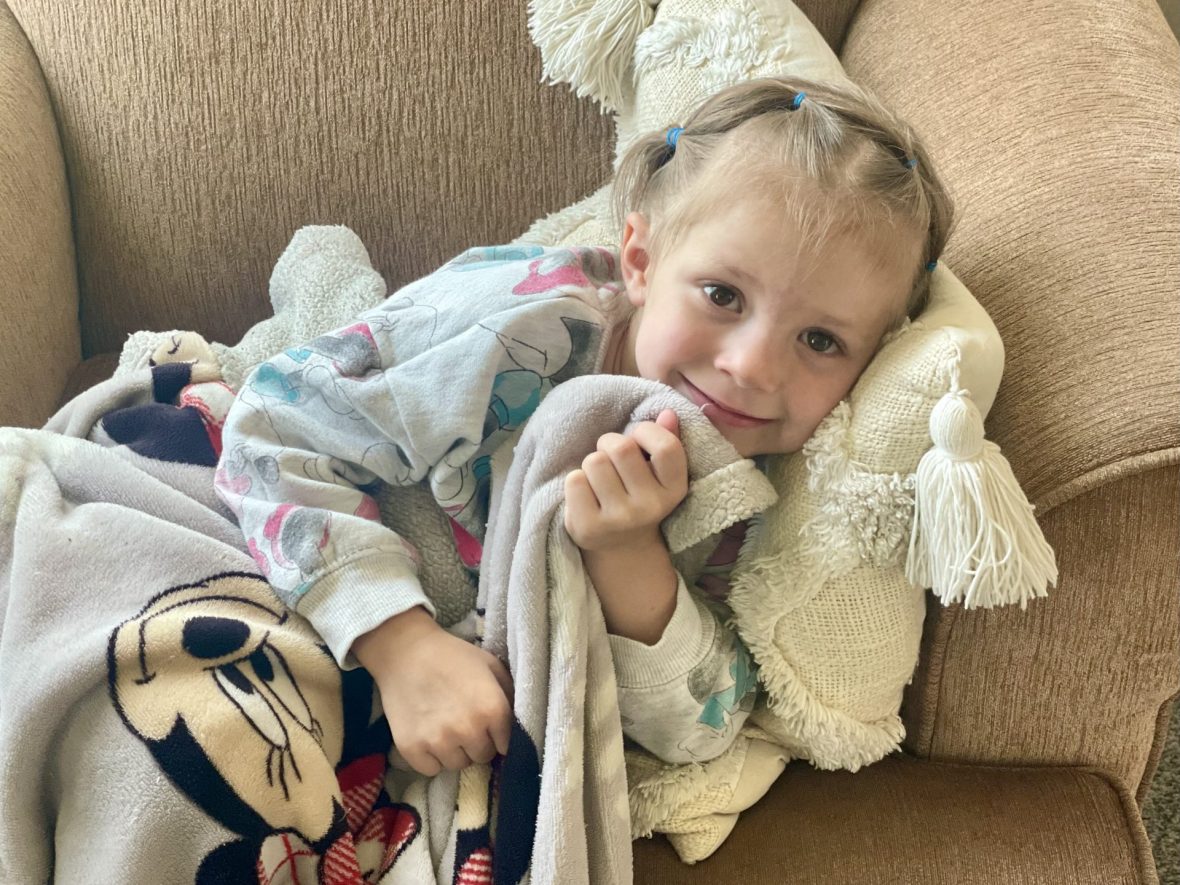You see things as a parent of young children, and I’m not just talking about messy diapers and throw-up.
I’m talking about things that make you pause and question your parenting game and your child’s development altogether.
It happened to me the other day.
“Dad, you’re not the boss of me,” our 3-year-old daughter said for no reason at all.
It was random. It was cute. Everyone laughed.
I laughed, but then I wondered: Is random defiance like that normal for a 3-year-old? Why would she want to challenge me that way?
Or was it even challenge? Did she just want some attention?
One friend who heard what my daughter said offered their assessment: “She’s coming from experience — are you the boss of anyone?”
Easy.
I’m not a child psychologist and neither is my friend, so we don’t have the answers. And that’s the trouble.
Parents don’t often have an answer. At my house, that’s especially true for our two younger children: our 3-year-old daughter and our 9-month-old son.
That’s because we get tons of feedback and opportunities to track the development of our three older kids — ages 9, 10 and 12 — who are each in the public school system.
From parent-teacher conferences to report cards, recurring indicators keep popping up to show us how they are coming along. We can watch them regularly interact with friends and others they’ve met over the years. We can see, compare and assess their math and language skills and what their coaches and other parents tell us about their interactions on the court or the field or when they aren’t around us.
And while our infant and our toddler have periodic checkups with their pediatricians and interactions with other kids, they are pretty much always around me and my wife — day and night, sunshine and clouds, messy diapers and throw up.
Our three older kids can also elaborately communicate their feelings and struggles, while our younger two simply can’t.
So how can we know how our younger ones are coming along? I may not have all the answers, but I do have Google, which recently turned up some helpful resources for gauging youngsters’ development before they’re old enough to catch the bus.
The most useful resource I found: The Centers for Disease Control and Prevention’s Learn the Signs. Act Early program, which helps parents with kids 5 years old and younger do three things:
- Learn the signs of healthy development for youngsters via development milestones that assess a child’s social, language, cognitive and movement capabilities.
- Monitor early development in these areas.
- Act early on possible developmental concerns by asking a doctor for a developmental screening.
The CDC compressed these resources into a nifty Milestones Tracker app for your phone or tablet. Within 10 minutes, my wife and I entered some basic information about our infant and toddler, answered questions about their behavior and received developmental summaries for each of them.
That sparked a conversation about what we can watch for moving forward and how we can know if something is off — a big help when we don’t have a teacher or other professional running recurring assessments on their progress.
The app also links parents with young kids to other helpful resources, including in-state childcare programs, healthy eating resources, Head Start programs and more for parents and families like mine.
I didn’t see anything about 3-year-olds openly defying their father’s authority, but I’ll keep Googling.


